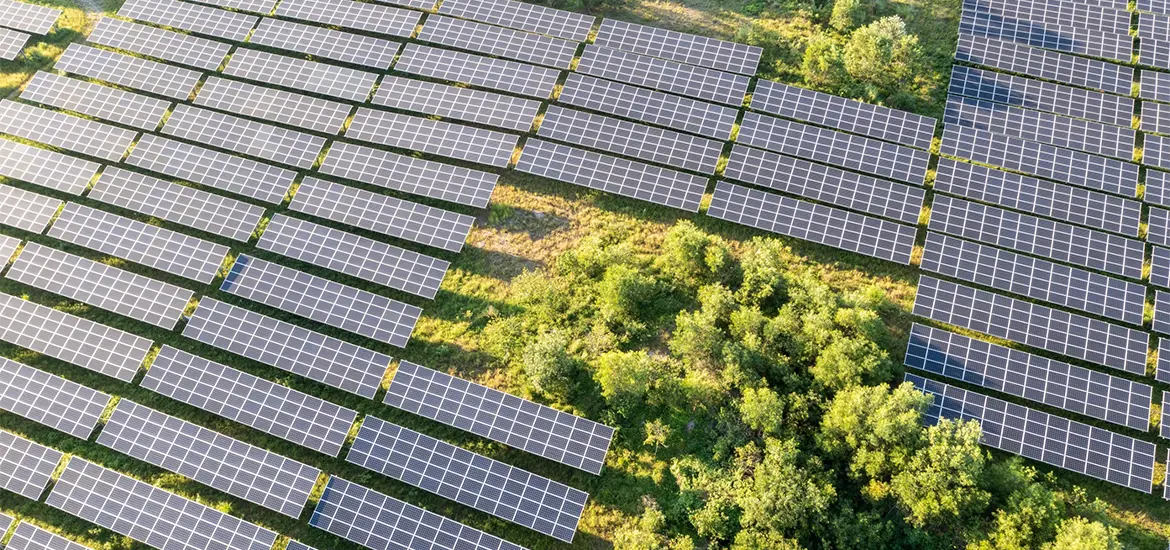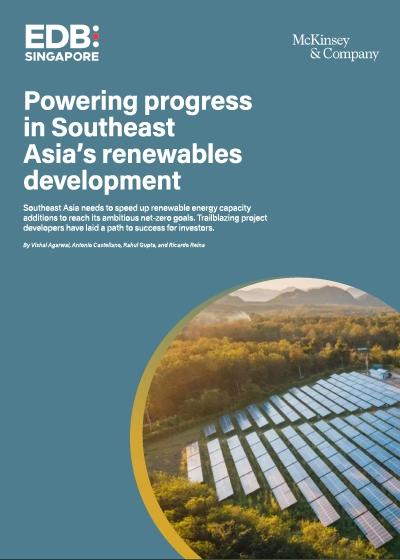Analysts at Maybank Investment Banking Group are anticipating strong renewables adoption among ASEAN’s listed companies in the next five to 10 years.
In a recent report, its head of sustainability research Jigar Shah and research analyst Neerav Dalal said renewable usage and strategy is lower for ASEAN’s six key markets, at eight to nine per cent, versus 15 to 17 per cent globally.
As companies worldwide face intensifying pressure to lower their carbon intensity, the analysts said that ASEAN companies will likely reach for emission reduction through operational efficiency and renewable usage – the “low-hanging fruits for decarbonisation” in the short to near term.
Alternatives such as large-scale electrification continue to be held back by high costs of battery raw materials. Nature-based solutions, such as protecting or restoring forests and wetlands, still need to mature in areas of monitoring and true value creation, they said.
Furthermore, solar photovoltaic solutions, which were 710 per cent more expensive than the cheapest fossil fuel-fired solution in 2010, now cost 29 per cent less than the cheapest fossil fuel-fired solution in 2022, they pointed out.
“Clearly, as the levelised cost of electricity is lower, renewables would become the default choice for industry and transport,” Shah and Dalal concluded.








